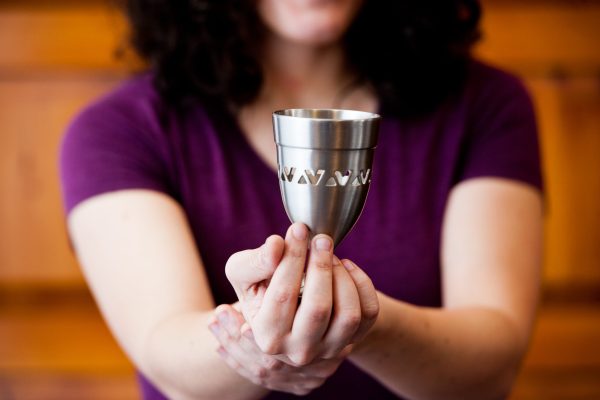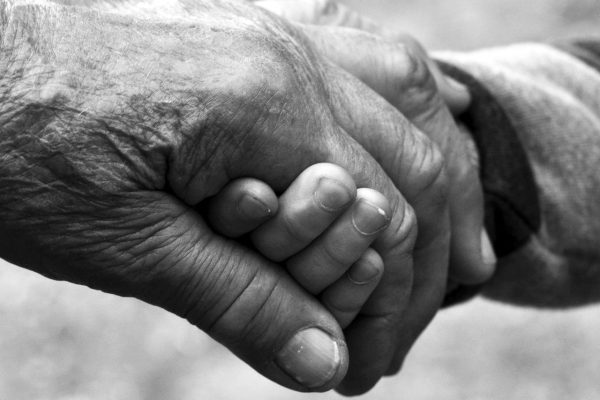Guests of Other Backgrounds
There are often guests from other faith and cultural backgrounds at the seder table. If they are not family members, they usually come as delighted guests and present no special challenges. Family members can bring more issues to the table. Some may never have attended a seder or might be uncomfortable with the religious choices their children have made. As always, it is best to talk through things beforehand, to explain what to expect, to make the seder inclusive and user-friendly, and to honor their differences.
Small Children
The seder was created as a teaching vehicle for children. Still, with its hours of words, late night eating, and sometimes difficult concepts, it may not seem that way. Your best bet is to design the seder around the children. Have entertainment early and often. Include songs they know including some special Passover children’s songs—The Frog Song, Oh Baby, Let My People Go, etc. Give out percussives and use them. Put snacks on the table so guests are not starving until dinner comes. During the maggid section we usually separate children and adults. Adults engage in an adult discussion while a few adults go with the children to prepare a skit which is performed after the adult activity. Buy or make and use a plague bag. Hit each other with scallions during Dayenu (an Afghani and Iranian custom). Have prizes for all the children regardless of who finds the afikomen. Have someone dress up and play Elijah. Keep it short—1 1/2 hours before dinner max; half-hour after dinner. Remember that your seder will change as the children get older. For now, keeping them happy and engaged keeps everyone happy.











